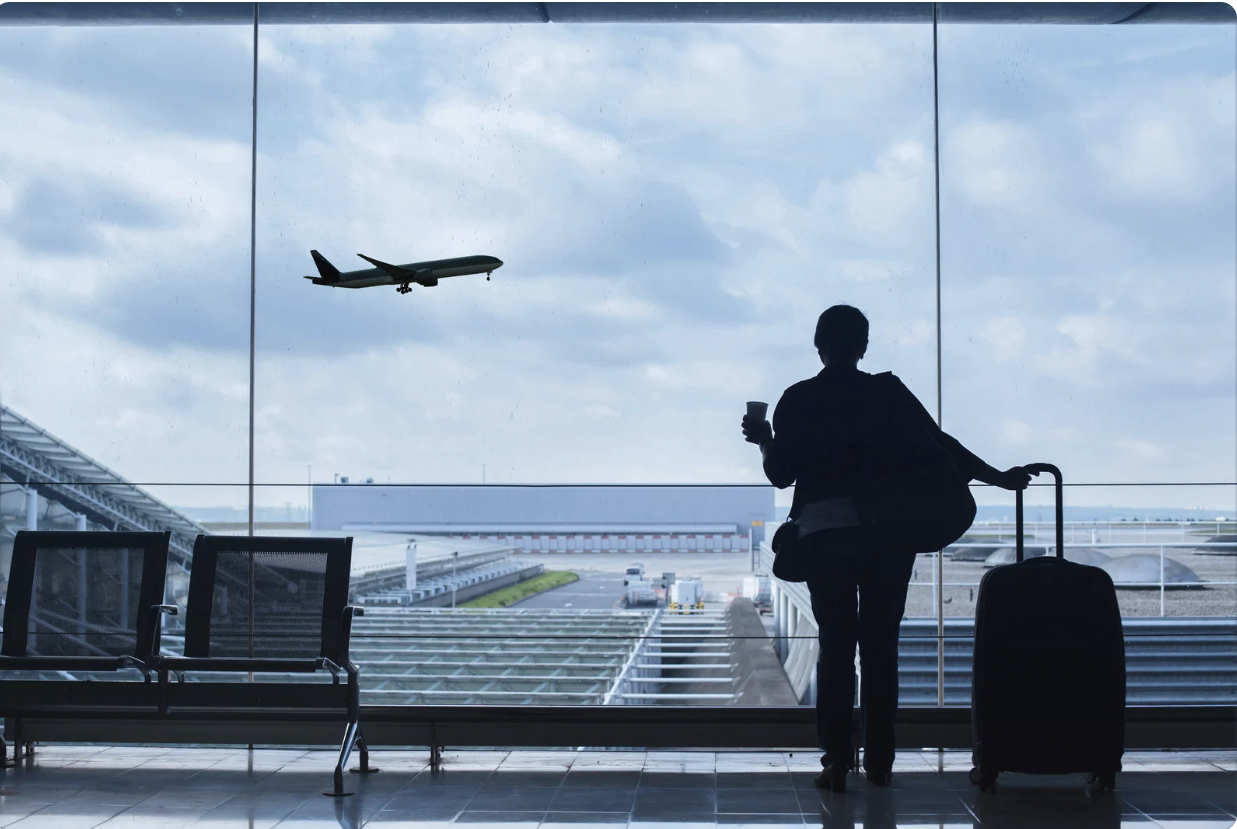Travel as therapy: tourism is consolidating as a priority for Colombians with the help of artificial intelligence.

Colombian families' investment in the tourism sector has become a key component of their economy. In fact, according to a study conducted by Viajes Circular, respondents stated that traveling represents a form of "therapy," a "reward," or an "escape" from their daily routine.
The analysis involved 250 people from different regions of the country. According to the results, 57 percent travel between two and six times a year, while 27 percent travel once, and 14 percent travel more frequently, making up to 12 trips per year.

Some of the most popular destinations are beaches (68 percent) and villages. Photo: iStock
Based on this data, the agency concludes that the average is four trips per year, most of which are recorded in October, November, and December, the period during which those surveyed reported going on vacation. Among the most popular tourism segments, beaches stand out (68 percent), followed by town tours (54 percent); mountains and nature (46 percent); natural cities (42 percent); and gastronomic destinations (35 percent).
Other results of the study indicated that, when organizing this type of experience, the most important factors are quality-price (64 percent), the possibility of finding special offers (54 percent) and the convenience of locating everything in one place (52 percent).
Jaime Ulloa, manager of Viajes Circular, asserts that each trip not only represents an opportunity to create memories and memorable moments, but also a strategic financial decision, seeking to optimize funds through decisions that prioritize price , promotions, and logistical ease.

The value for money factor is key when planning a trip. Photo: gen play
Travel trends are constantly changing, both in the sector's offerings and in the way travelers plan their vacations. While for many years planning with the help of specialized companies has been one of the strategies , today artificial intelligence has become a key pillar for many people.
Booking.com’s Global AI Insights Report, based on over 37,000 consumers across 33 markets worldwide, reveals that Colombian travelers are turning to these tools to compare prices and get suggestions (74 percent) , choose restaurants based on recommendations (69 percent), get spending and budgeting advice (77 percent), and access music and movie recommendations (83 percent).
Likewise, during travel, AI is a powerful tool. In fact, 73 percent of respondents already use it while traveling, and 83 percent trust the information this technology provides.
In Colombia, 46 percent of travelers use AI to research new destinations and determine the best time to visit; 35 percent to get gastronomic recommendations ; 33 percent to search for and book flights; and 31 percent to book accommodations.
When it comes to upcoming trips, almost everyone wants AI support at some point in the process. Ninety-seven percent mention at least one expected aid, especially for discovering new destinations (48%), managing budgets and taking advantage of promotions (43%), and booking accommodations (40%). On the other hand, 98 percent ask for features that solve real-time needs, such as language translation, menus, or signs ( 56%), and navigation or transportation in unfamiliar places (51%).
“Generative AI represents one of the most significant technological shifts of our era and is fundamentally reshaping the way consumers engage with the world around them. As this technology matures, it will not only transform how companies like ours anticipate and meet evolving customer needs, but also raise the bar for what travelers expect from every interaction,” concludes James Waters, Chief Commercial Officer at Booking.com.
ANGIE RODRÍGUEZ - TRAVEL EDITORIAL - @ANGS0614
eltiempo





